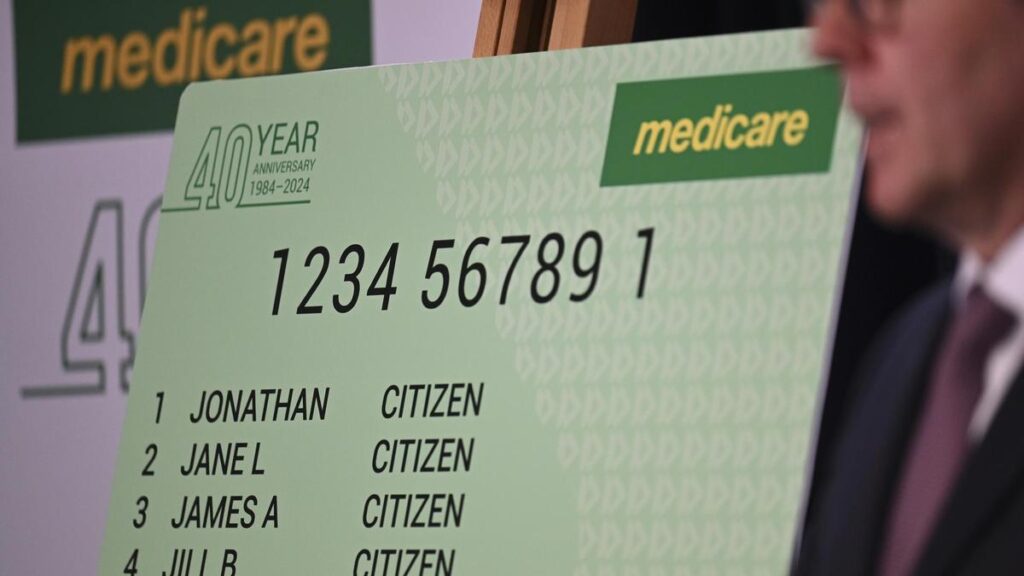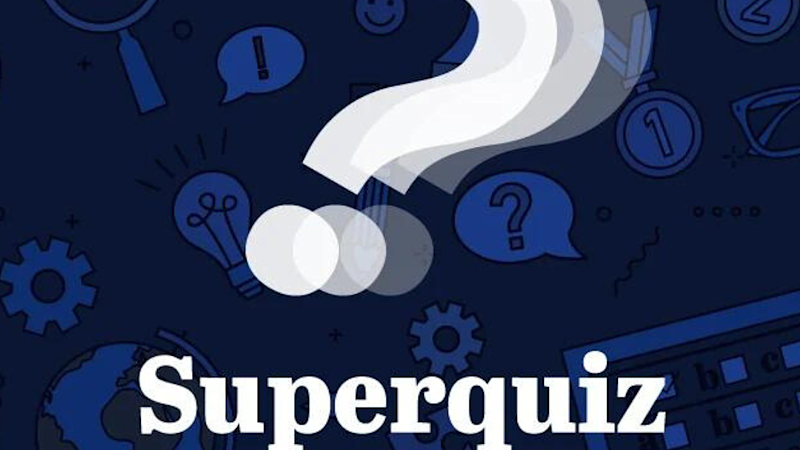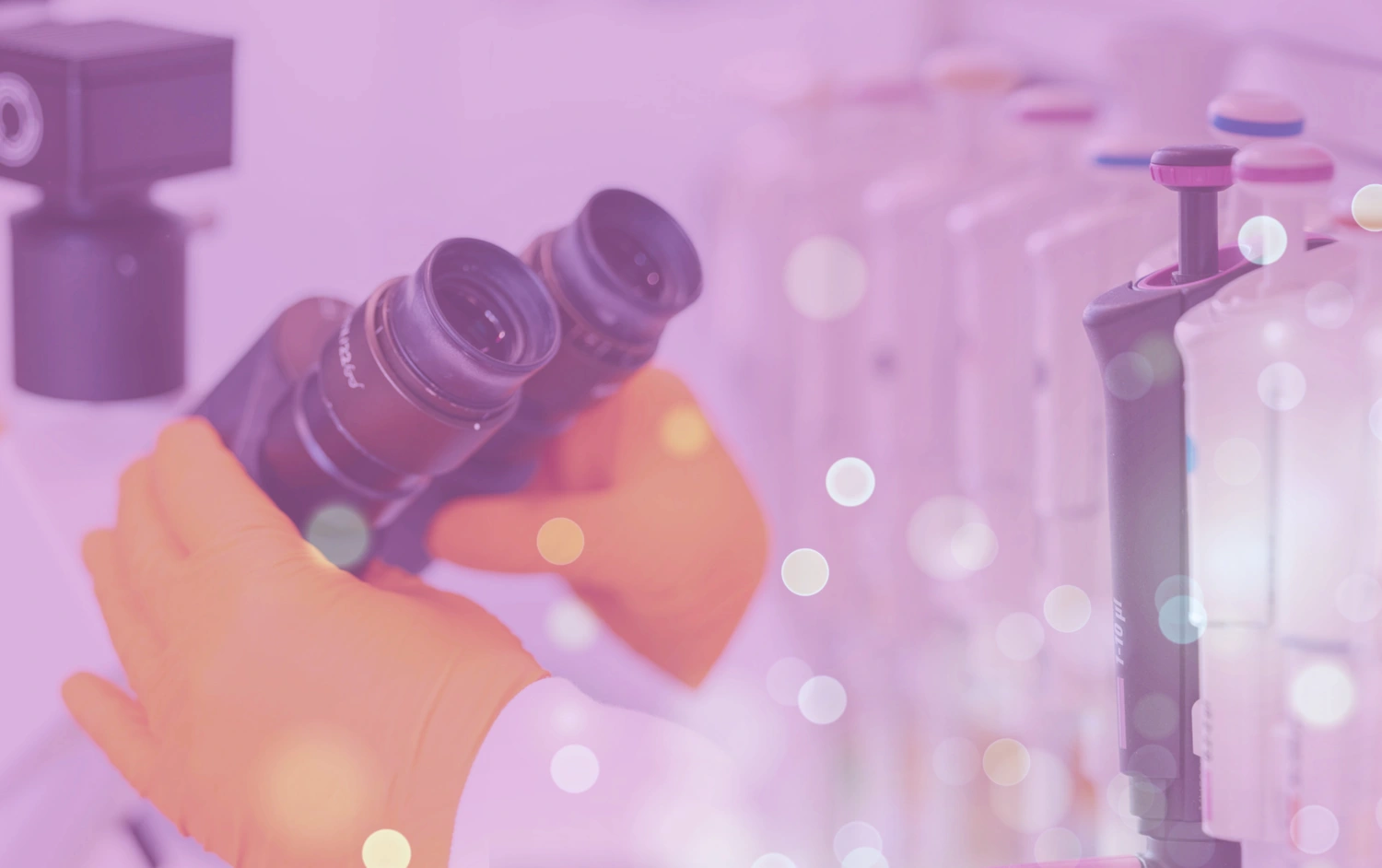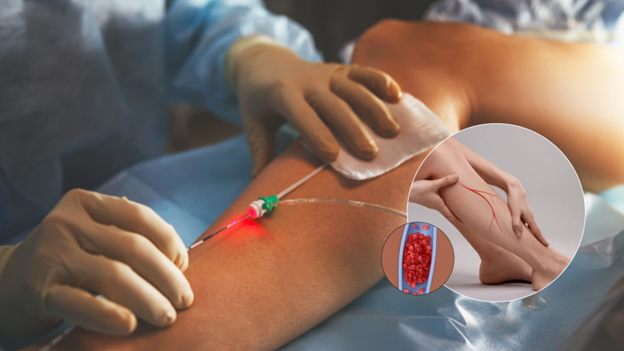
The Therapeutic Goods Administration (TGA) of Australia is investigating a significant rise in adverse event reports related to the ADHD medication Vyvanse. This year has seen a dramatic increase in notifications concerning the drug, prompting authorities to assess potential safety concerns. A spokesperson for the TGA confirmed that independent testing of Vyvanse is currently underway to address these issues.
The spike in reports has raised alarms about the quality, safety, and effectiveness of Vyvanse. According to the TGA, there have been 320 adverse event reports linked to the medication in the first half of this year, a stark increase from just nine reports during the second half of 2022. Although the TGA does not classify this increase as a formal pattern, it is actively monitoring various adverse events, including anxiety, insomnia, and reports of reduced therapeutic effects.
Drug Quality and Manufacturing Details Under Scrutiny
Despite the surge in adverse event reports, Takeda Pharmaceuticals Australia, the manufacturer of Vyvanse, has stated that there have been no changes to the drug’s formulation or its manufacturing process. A representative mentioned that the transition to a new manufacturing facility in 2024 did not alter the chemical composition of Vyvanse. “There have been no changes to the formulation,” the spokesperson clarified, emphasizing that the medication is produced under stringent quality controls in accordance with the Therapeutics Goods Act.
Additionally, the TGA has noted that there were 88 reports of labeling issues with Vyvanse this year, including a typographical error that mistakenly added an extra ‘S’ to the word “capsule.” While these labeling problems were identified, the company maintains that they did not impact the medication’s quality.
Increasing ADHD Diagnosis and Treatment Demand
This investigation occurs against a backdrop of rising ADHD diagnoses in Australia. Ruth Limkin, founder of Banyans Healthcare, highlighted a substantial increase in individuals seeking treatment for self-reported ADHD. “We’ve seen a 500 percent increase in people contacting us looking for treatment,” she stated in an interview with Sky News Australia. This trend reflects a broader societal shift towards recognizing and addressing ADHD, as the number of prescriptions for Vyvanse has surged dramatically.
Government data reveals that prescriptions for Vyvanse grew from 958,000 in 2022 to 1.4 million in 2023, and then to 1.8 million in 2024. These figures indicate a clear escalation in the demand for ADHD medications, raising concerns about the implications for patient safety and drug efficacy.
The TGA continues to maintain its Database of Adverse Event Notifications, which serves as a platform for patients and healthcare professionals to report issues related to medications. While the database includes numerous reports, it is important to note that inclusion does not confirm a causal relationship between the medication and the reported incidents.
As the investigation unfolds, both authorities and the public will keenly await further insights into the safety and efficacy of Vyvanse as concerns grow over the medication’s rising adverse event reports.







